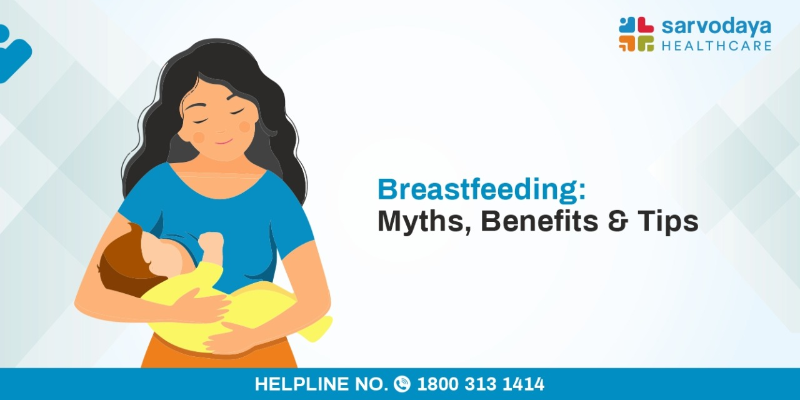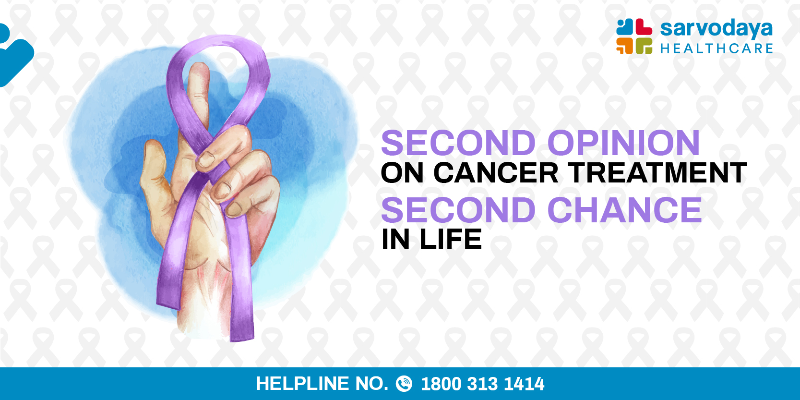Breastfeeding, is the natural way of supplying nutrition & food to infants from mothers. The World Health Organization (WHO) recommends exclusively breastfeeding (no formula or anything) for the first six months of infancy. After 6 months, breastfeeding should be continued with other foods, such as fruits, vegetables, and grains. Breastfeeding is not only beneficial for the infants but also helps mothers to recover after the childbirth. Although the decision of breastfeeding is personal as not every mother can or wants to breastfeed due to certain circumstances; breastmilk is always considered the best formula for babies and ideally, a mother should breastfeed her child for at least two years.
Myths about Breastfeeding:
When it comes to breastfeeding, usually mothers are faced with various myths, which are not true all the time. Here are a few of them explained with the real truth!
1. Formula-fed babies sleep better!
The truth is, formula-fed babies may sleep longer but do not necessarily sleep better. Formula milk takes longer to get digested, which stretches the feeding time and hence the baby sleeps longer. Moreover, formula milk remains in the baby's system for a longer time and hence begins to ferment resulting in stinky faeces.
2. Colostrum or first milk is stale and hence should be discarded!
This is a common myth that still makes its rounds among Indian society, but the reality is just the opposite. Colostrum or first milk is neither stale nor harmful for the baby. It is actually very essential for the baby as it contains various infection-fighting substances that boost the new-born’s immunity.
3. Breastfeeding changes the shape of breasts!
Well, this largely practised myth is not true at all. Breast’s shapes & size changes during the pregnancy period and breastfeeding does not cause any changes beyond that. Breastfeeding actually helps to protect breasts and reduce the risk of breast cancer.
4. Never wake a baby from sleep to breastfeed!
In reality, new-born babies need to be fed every two to three hours. New-born babies also sometimes feed vigorously for two/three hours which is called "cluster feeding". On such occasions, they sleep for longer periods of time after feeding and it is okay to let them sleep for a while. But a baby should not be left unfed for more than 4-4.5 hrs. Also, it is good to feed babies at regular intervals of time and wake the baby up when it's time to breastfeed. Feeding the baby as per a routine is important for the mother as well, so that they can express milk on schedule and keep up the good supply.
Benefits of Breastfeeding:
Breastfeeding is not only beneficial for the baby but also has long-term benefits for the mother, even though breastfeeding is for shorter duration.
For the baby, the benefits of breastfeeding include:
- Sufficient nutrition: During the first year of infancy, a baby requires different levels of nutrients. The nutritional content in breast milk changes naturally with the baby’s needs.
- Better immunity: Breast milk contains antibodies, which protect babies against viruses and bacteria. These proteins strengthen the infant’s immune system.
- Reduced infections risk: Babies who are breastfed get fewer infections, such as ear infection, respiratory infection and colds.
- Reduced risk of Sudden Infant Death Syndrome (SIDS): Breastfed babies usually have a lower risk for SIDS during the first year of the infant’s life.
- Lower risk of obesity & diabetes: Babies who are breastfed usually have a lower risk of childhood obesity & diabetes than formula-fed babies.
For the mother, the benefits of breastfeeding include:
- Faster recovery: Breastfeeding releases higher levels of the oxytocin hormone in the mother’s body, which helps to improve uterine contractions. The hormone also helps the uterus to return to its pre-pregnancy state.
- Reduces pregnancy weight faster: Mothers who breastfeed exclusively lose postpartum weight than others.
- Reduced risk of depression: Mothers who breastfeed have reduced risk of postpartum depression.
- Lower risk of some cancers: Mothers who breastfeed have a lower risk for breast and ovarian cancers.
- Lower rates of some disease: Mothers who breastfeed have a lower risk of certain conditions such as Type 2 Diabetes, Heart Disease, High Cholesterol, Triglycerides, Arthritis, and High Blood Pressure.
Breastfeeding after returning to work
How to manage breastfeeding after returning to work? Many working mothers have this question once their maternity leave ends. Well, it’s possible to sustain breastfeeding even after the mother returns to work. This requires some planning and will allow you to maintain breastfeeding while being away from the baby. You need to transit the baby’s habit of breastfeeding to drinking breast milk from a bottle. You can pump up breast milk and store it in the fridge for 6-8 hours. Start practising this process a few weeks before returning to work.
Sarvodaya Hospital & Research Centre, Sector-8, Faridabad, offers quality mother & baby care facilities with a team of renowned gynaecologists, dietitians and maternity health workers. Get connected to know more.










